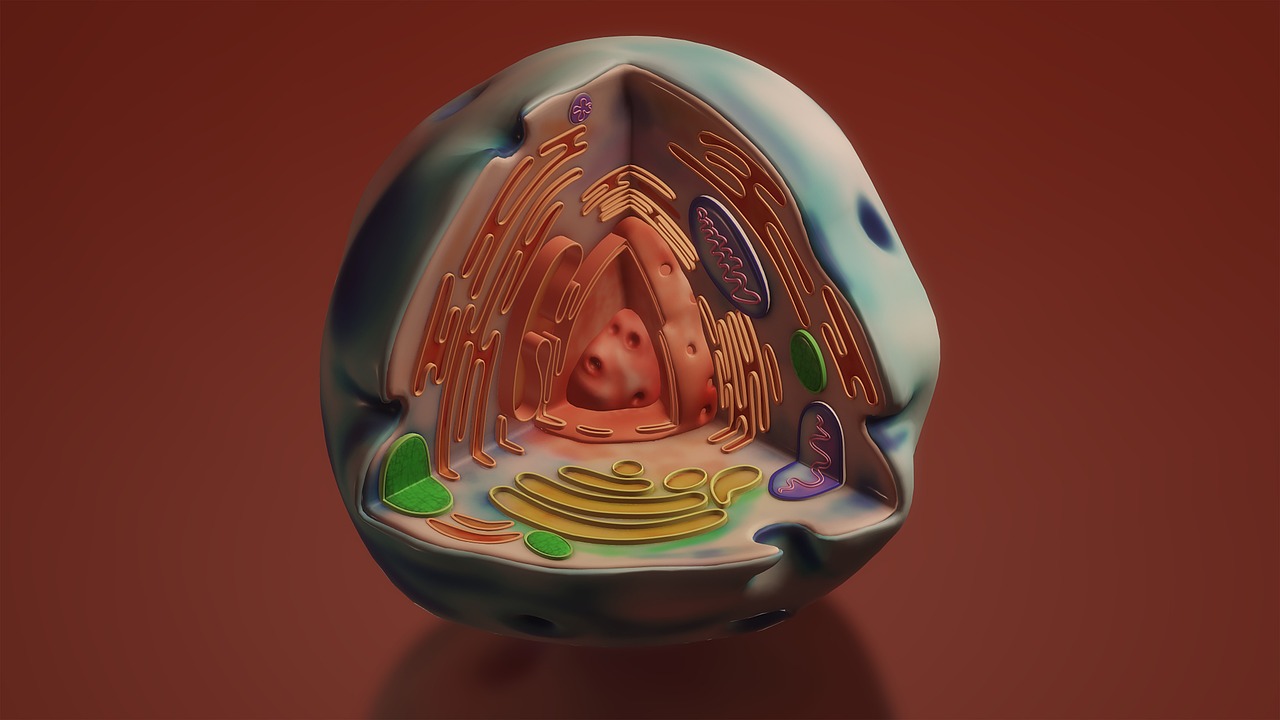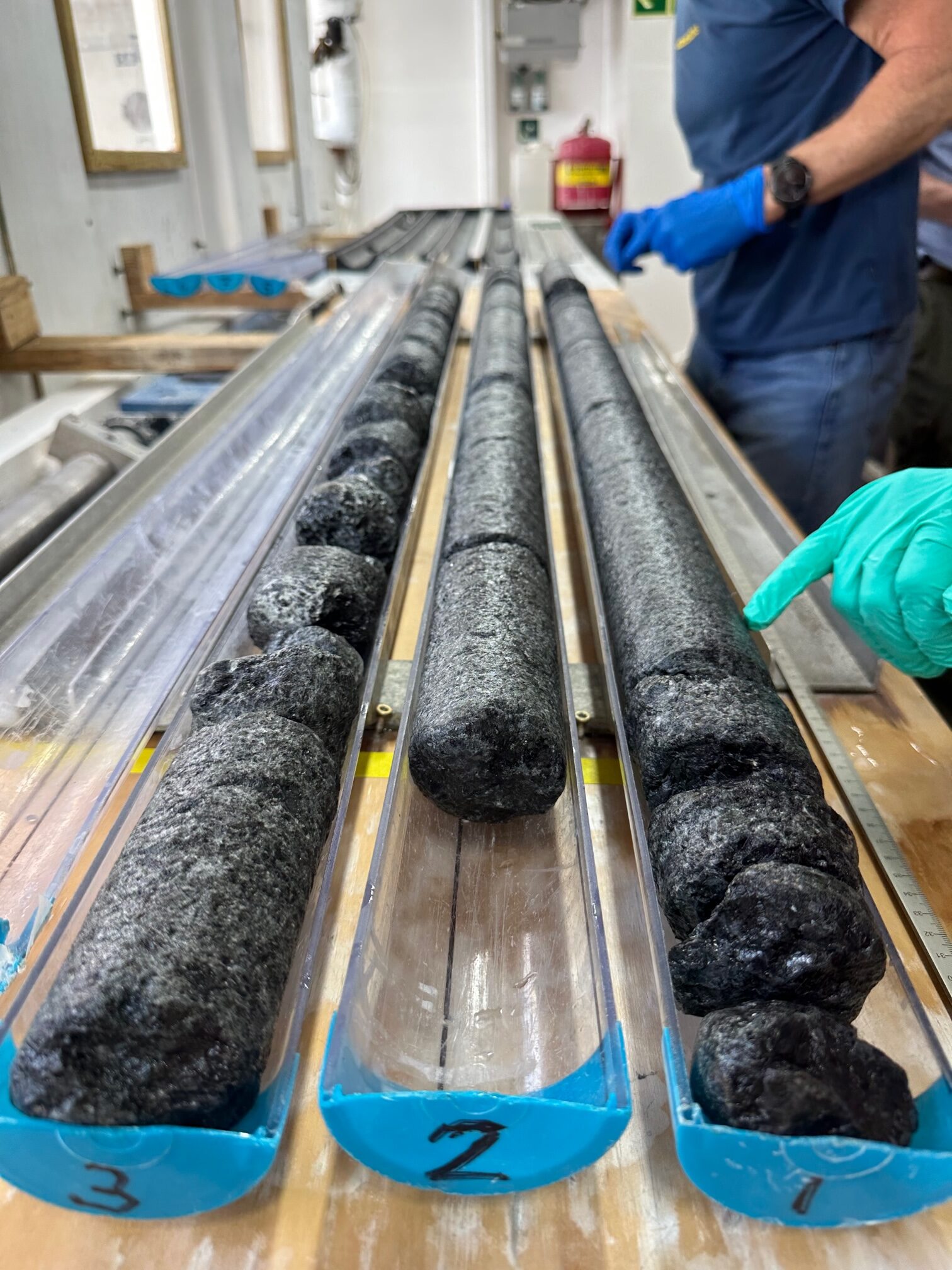For generations, scientists have attempted to unravel the mysteries of aging. They’re testing ways to slow down wrinkles and grey hairs, boost immunity, and even manipulate genes to keep us young and spry.
While they haven’t quite rewritten the biological script, there’s exciting progress, hinting at a future where aging might be less of a mystery and more of a tweakable system.
Discovery of Organelle’s Role in Aging
While studying plant stressors, scientists at the University of California, Riverside (UCR) discovered a specific aspect of the organelle. This finding holds significant promise for preserving cell longevity. An organelle is a specialized part of the cell that serves a specific purpose within the cell.
Scientists have, for the first time, defined the significant role of an organelle within the cell. This role had not been previously implicated despite its identification over a century ago. This discovery sheds light on its importance in the aging process.
The Golgi body, or Golgi apparatus, is now a new focus in anti-aging research
The Golgi body, often likened to a stack of deflated balloons or dropped lasagna, consists of cup-shaped membrane-covered sacs. It plays a crucial role in sorting molecules within the cell and ensuring their proper delivery to designated locations. It was found to play a crucial role in stress management and plant aging.
Implications for Human Aging
The study’s findings have broad implications for humans, as all eukaryotic organisms, including humans and plants, have Golgi bodies. This discovery offers vital insights into human aging as well as age-related diseases, propelling the field of aging research forward.
Surprising Plant Cell Discoveries Hold Key to Human Aging
By: | January 26th, 2024

Image by Pixabay
More articles from Industry Tap...






